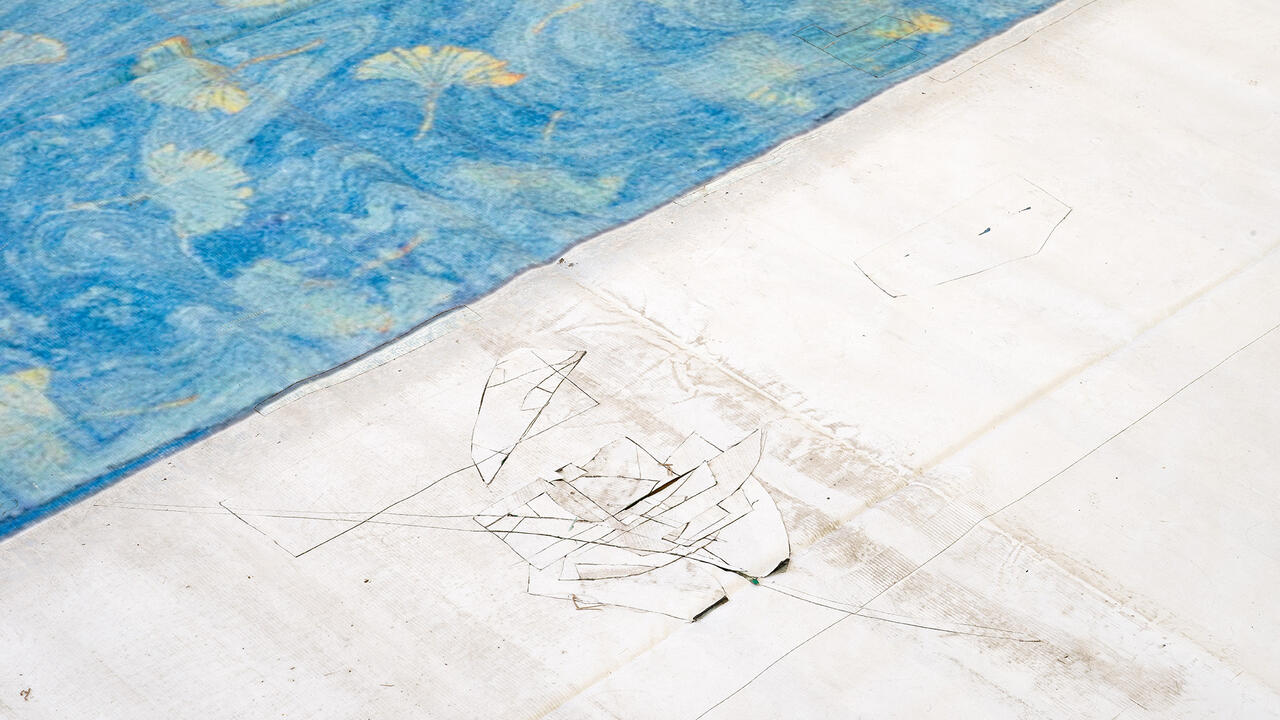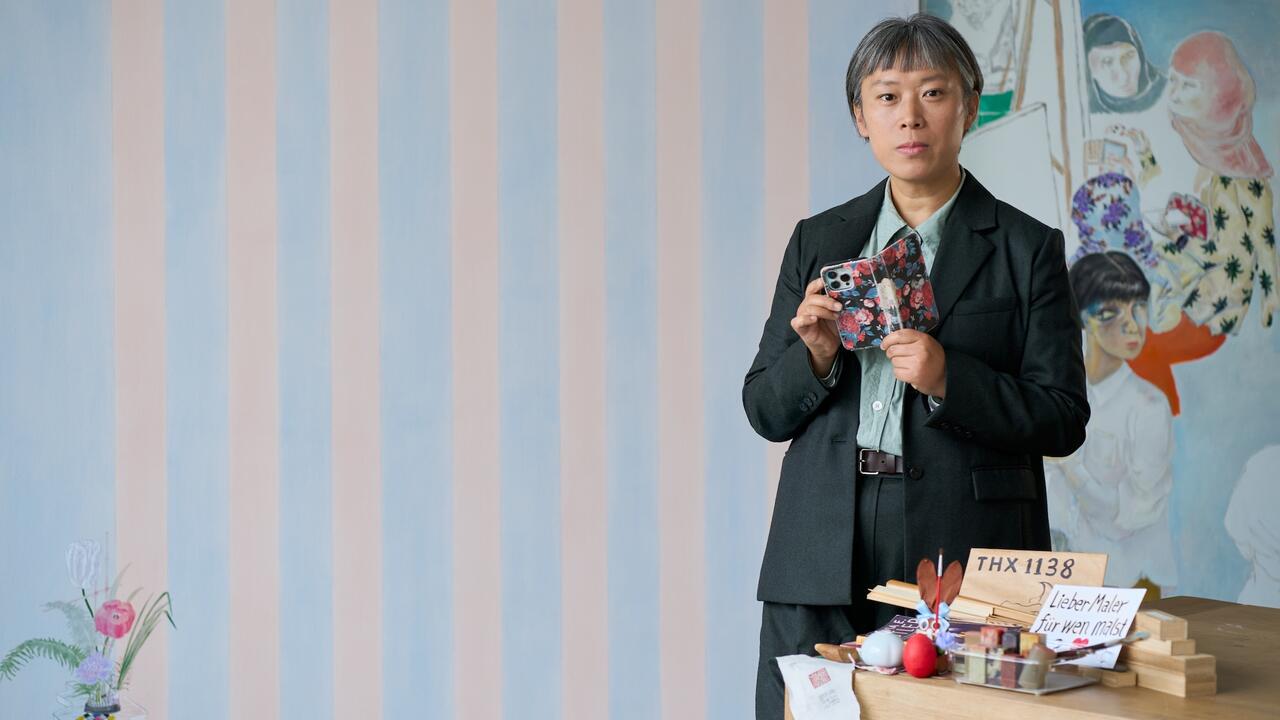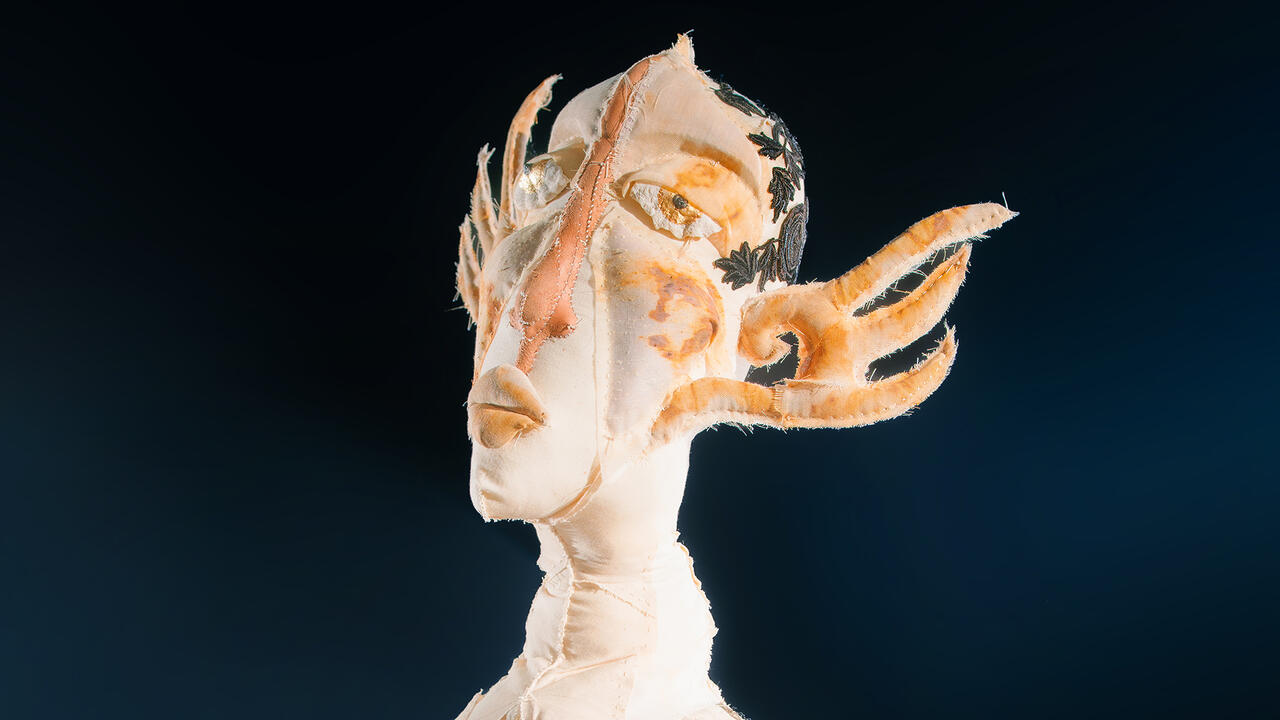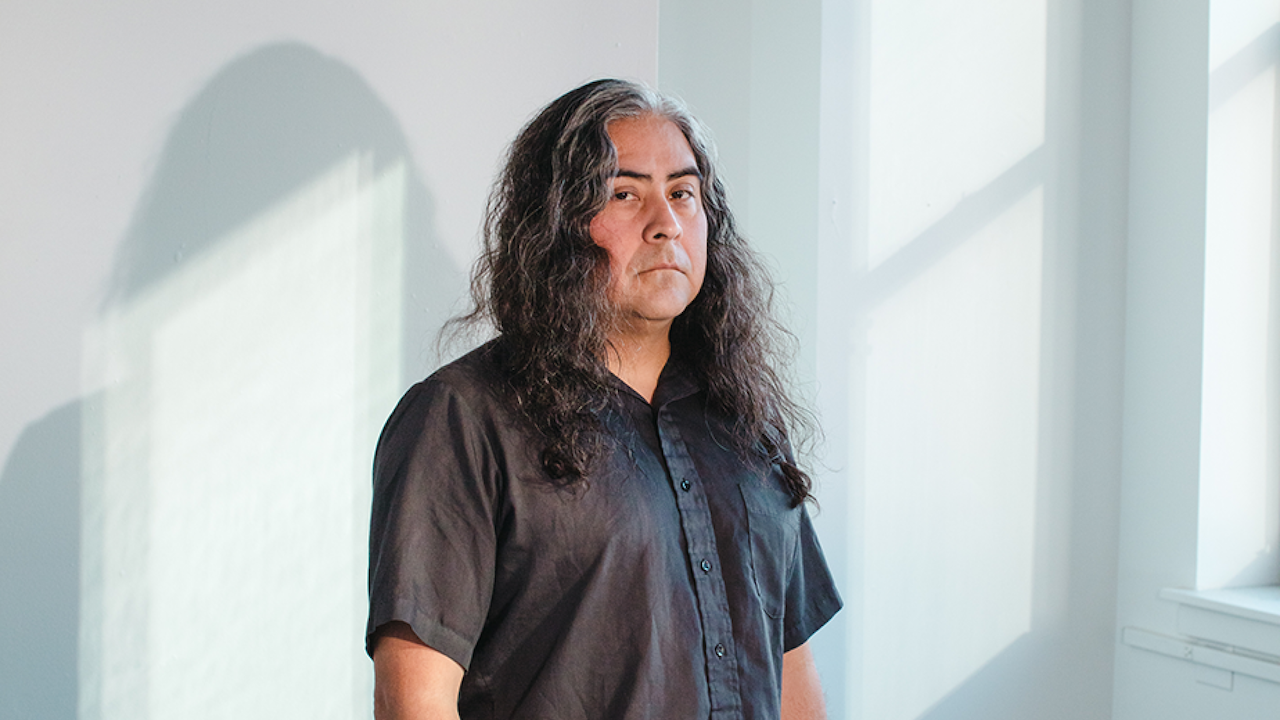Sunshine of Your Life
Recent laws are forcing multinational corporations to take the environment seriously
Recent laws are forcing multinational corporations to take the environment seriously
In October last year, Sony Corporation inaugurated a trial run of its first Orange R-net in Tokyo. The two-ton lorry collects polystyrene packaging from 50 or so local Sony shops and recycles it with the aid of limonen, an essential oil distilled from orange peel. 540 litres of the liquid can melt down approximately 100 kilograms of polystyrene while the lorry moves from shop to shop. At the end of the day, the vehicle's tanks are emptied at the corporation's recycling plant in Yokohama where the undissolved impurities are filtered out. The resulting liquid is then separated, through a low temperature process, into limonen and petroleum. The purity of the process, claim Sony, avoids both the material degradation caused by burning and the toxic by-products associated with the action of chemical catalysts on impurities like old adhesive tape.
It's an innovative idea, but it also sounds cheerfully anachronistic, like some lab exercise in a school chemistry class. Its simplicity makes you wonder why it has taken so long to discover the little secret held in such a mundane object. However complex the actual scientific process and its application might be, the technology unfolds a delightful tale of contemporary alchemy. It has a classic charm: nature offers us a ticket from technological hell to a purified and fragrant Eden on Earth, lit by clear sunshine.
The orange story stands out amongst the recent deluge of eco-related project reports and ad campaigns from Japanese corporations. This eco-awareness has come of age following certain judicial changes. Last year Japan finally enacted the Environmental Assessment Law, the last member of the 29 OECD nations to do so. A bill was also passed to control industries' disposal and recycling of consumer goods packaging, which is soon to be extended, obliging companies to re-commodify all their disused plastic and paper packing materials from the year 2000 onwards.
Nowadays, we all are aware that even breathing clean air costs something money, time, whatever. Hearing the latest statistic about, say, how many million years it will take for the waste from a single disused nuclear power plant to decay and neutralise, hardly causes surprise we just feel awed by the number of zeros. The global environmental issue is, perhaps, the strongest argument against the ever-advancing market economy, but its scope is just too gigantic to grasp. One tangible element to the crisis is the business opportunity it offers: according to an OECD analysis, the ecological problem-related industry has reached $20 billion world-wide, and is expected to increase to $30 billion by the year 2000.
PureBright®, for instance, is a sterilisation system from California's Maxwell Technologies which applies white light pulses 20,000 times stronger than sunlight that produce strong anti-bactericidal effects. The high peak power pulses of electrical energy kill micro-organisms in a fraction of a second, without using heat, chemicals or ionising radiation. The company has been promoting PureBright® to medical and pharmaceutical companies for the sterilisation of water, air and packaged food; McDonald's is reputed to be a recent client.
Founded in 1965, Maxwell Laboratories, as it was then called, provided services to the Pentagon for over two decades. Hit by the wave of cuts in US defence spending following the end of the Cold War, the business came to a standstill in the late 80s until it diversified into information technology, energy and other industries a typical Californian back-from-the-brink success story. While the PureBright® light steriliser utilises a technology originally developed under Reagan's Strategic Defence Initiative, another subsidiary, Maxwell Federal Division Inc., announced last October that it had received a contract from the Defence Special Weapons Agency to develop a prototype X-ray weapon effects simulator using the same pulsed power system. So, Maxwell's exquisite artificial brilliance now allows you to drink hyper-clean fresh water, protected by a safety zone that lets no shadow of pernicious viruses cloud your sky.
The eco- prefix presupposes a belief in nature, an Arcadian harmony, flashing back to time-honoured discourses on civilisation's conscience. Whereas the orange lorry, with its image of a juicy, sunny, citrus fruit borne by mother Earth, is idyllically attuned to such flights of fancy, some other recent eco-products deal with ideas of nature and the 'pure' in less obvious ways. Perhaps we've never really wanted to slip back in time to a Gaia-style haven: it would be so much simpler if we just re-programmed our image of what we want. Take the artificial indoor plants that Sony Enterprises is planning to release later this year. The trees' leaves are coated with titanium oxide, which reacts to the ultraviolet rays in natural and fluorescent light, eradicating unpleasant odours and decomposing dangerous gases, such as formaldehyde, emitted from building and furnishing materials that cause sick-building syndrome. The plants will be available in three kinds (Benjamin, Pothos, Ivy Pole) and three sizes (70, 150, 180 cm tall), at prices ranging from ¥12,000 (£55) to ¥35,000 (£159). Now that an indoor artificial plant has been created, I'm looking forward to an outdoor tree with a strontium titanium trioxide coating to allow artificial photosynthesis and carbon dioxide reduction. Working to create a healthy environment through absorbing the energy of light, perhaps they will finally provide us with an artificial Eden on Earth.













